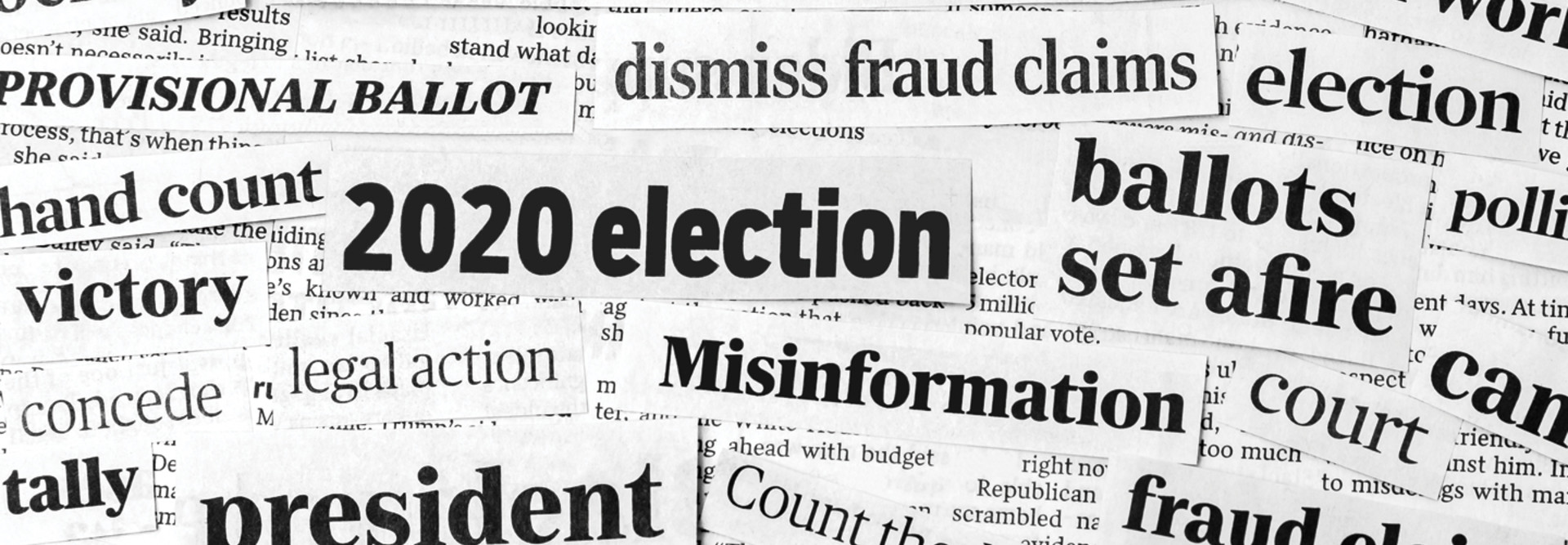Secretaries of State Warn on Foreign Election Interference
The letter came on the heels of an unclassified report from the Office of the Director of National Intelligence, which concluded that the governments of Russia and Iran sought to influence the U.S. presidential elections in 2020 and undermine the public’s confidence in the electoral process.
The intelligence community found no indications that foreign actors attempted to “alter any technical aspect of the voting process” such as voter registration, ballot casting, vote tabulation or the reporting of results. There were “some successful compromises of state and local government networks prior to Election Day” that were part of a “broader campaign targeting U.S. networks and not directed at the election,” though Russia and Iran spread “false or inflated claims about alleged compromises of voting systems to try to undermine public confidence in election processes and results.”
The intelligence community report focuses mainly on the ways in which foreign governments sought to influence narratives and public perceptions about President Joe Biden and former President Donald Trump. “A key element of Moscow’s strategy this election cycle was its use of proxies linked to Russian intelligence to push influence narratives — including misleading or unsubstantiated allegations against President Biden,” the ODNI report states.
The secretaries of state wrote in their letter to DHS that the ODNI report makes clear “how significant the disinformation threat to the electoral process was last year, noting Iran and Russia conducted sizable operations to undermine Americans’ confidence in the system.” They also noted that the report highlights that “at least Russia almost certainly will continue to use disinformation to undermine our faith in elections.”
“There have been some good and bad days in the election community since November. On one hand, election officials successfully ran multiple elections during a pandemic,” they wrote. “The general election was the most secure in recent history. On the other hand, because of disinformation, some Americans now lack confidence in the electoral process. This is unfortunate and extremely concerning. Elections are a core pillar of our democracy. Without confidence in the system, our country faces great challenges ahead.”
Colorado Secretary of State Jena Griswold, a Democrat, led the letter, and it was signed by Democratic secretaries of state in California, Maine, Massachusetts, Michigan, New Mexico, Oregon, Rhode Island and Vermont. Washington Secretary of State Kim Wyman, and Alaska Lt. Gov. Kevin Meyer, who oversees elections in the state, both Republicans, also signed the letter.












